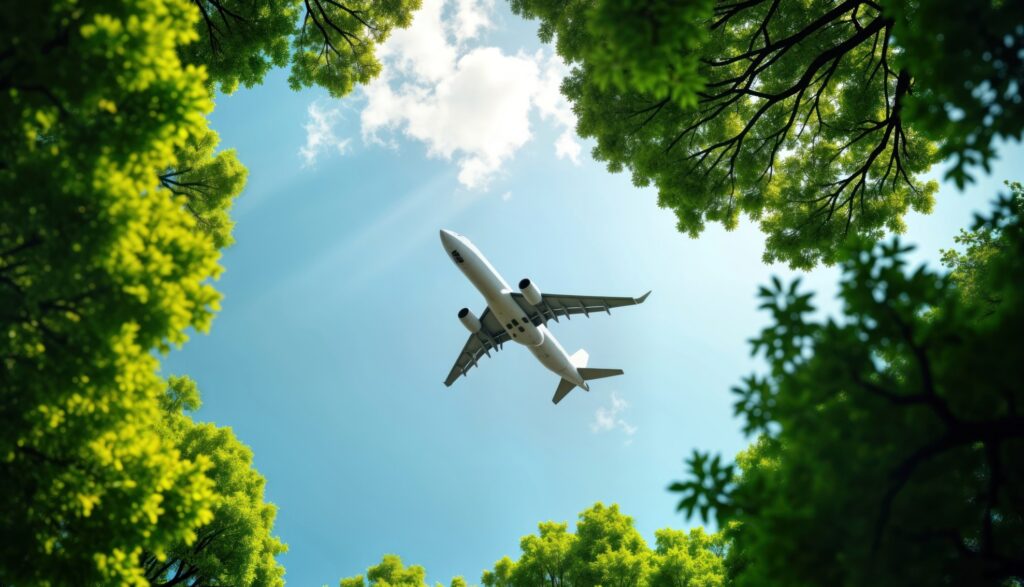In an era defined by digital overload, fragmented trust, and fragile ecosystems, travel’s greatest strength may be its power to reconnect not just to places, but to purpose. Three leading industry voices, Morris Sim, Timothy O’Neil-Dunne, and Deep Kalra have delivered a reality check on where the industry stands and where it must go. Their views converge on one resounding truth: the future of travel must be more conscious, contextual, and transformational.
Morris Sim: Rediscovering Meaning in a Noisy World

Morris Sim’s insight that “travel is the antidote to digital isolation” could not be more timely. As social media algorithms create curated echo chambers, it’s the unfiltered, unexpected moments of travel that restore perspective and foster empathy. The value of a journey isn’t captured in an itinerary; it lies in the divergence from it. Sim also points to the hospitality industry’s existential challenge: a dwindling labour force and the rise of “quiet luxury.” His call to action is clear is to elevate hospitality from service to craft, and rebuild it as a career of aspiration, not attrition. Automation may bridge the gap, but emotional intelligence, intuition, and human connection remain irreplaceable.
Timothy O’Neil-Dunne: The Trust Deficit in Travel

O’Neil-Dunne doesn’t mince words: travel brands are failing their customers, and AI may be poised to do what they can’t deliver clarity, value, and trust. His assertion that AI agents will surpass traditional travel suppliers as trusted sources is more than a warning; it’s a roadmap. To compete, brands must radically rethink the travel purchase experience, shed opaque pricing strategies, and rebuild the back end of the industry with transparency and intelligence at its core. His critique of airlines’ retail rhetoric is warranted. Many still treat passengers as segmented revenue streams, not people. If travel is to evolve as a true e-commerce vertical, the industry must embrace smart merchandising and contextual engagement, not simply upselling under the guise of choice.
Deep Kalra: A Blueprint for Sustainable Growth

Deep Kalra points out, the future of tourism is hinged on sustainability, connectivity, and authenticity. With a projected surge in sustainable tourism, there’s a rare opportunity to model destinations that retain emotional value and economic viability. Kalra’s emphasis on “carrying capacity” and immersive, slow travel speaks to a global trend: travellers are moving away from bucket-list ticking and leaning into deeper, slower, more meaningful experiences. Travel’s emotional currency the feeling of awe, wonder, and reflection can’t be downloaded or streamed. It must be preserved, curated, and consciously delivered.
Travel’s Next Chapter Must Be Human First
Across these three perspectives, a unified narrative emerges: the industry must redefine value—from transactional to transformational, from convenience to connection, from growth to groundedness. Technology will play a vital role, but travel’s future is not just a question of systems, it’s a matter of soul. To lead the next chapter, brands, advisors, and operators must blend innovation with intention, and deliver not just trips, but true experiences.


